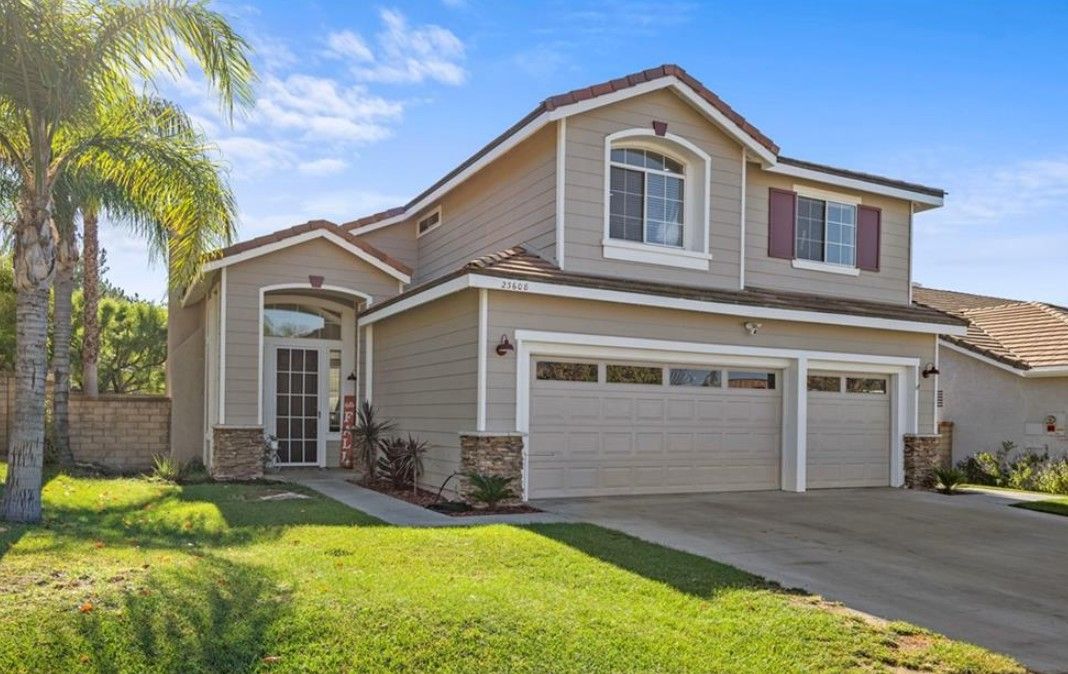Selling My Home to Downsize for Retirement: Will I Need to Pay Capital Gains Taxes?
Tax Aspects of Home Ownership: Selling a Home

***IMPORTANT: The following is meant to provide general information only on the topic, and is not meant to replace the professional advice of a qualified financial planner or CPA for advice tailored to your specific situation. The following information is intended as general information only and you should seek advice from the appropriate professionals.
Question:
I am selling my house and the price is $950,000. After paying off this house I will net $400,000. Do I have to pay capital gains tax as I’m planning to pay off my retirement home with the money I netted?
– Thomas
The answer is solidly "it depends," both in terms of whether you'll have to pay capital gains tax and how much you might have to pay. There's two important meanings when talking about "net gain"
1. Net Proceeds: This is the actual amount of money you walk away with after the sale after all closing costs and expenses are paid and your existing mortgage is paid off. It's calculated by subtracting the sum of seller's closing costs, expenses, and mortgage balance from the final sale price of the home.
2. Capital Gain: This refers to the profit you made on the sale of the property itself, taking into account both the purchase price and any improvements you made to the home. It's calculated by subtracting the adjusted cost basis (purchase price + improvements - depreciation) from the sale price.
It's important to note that:
- Net proceeds are more important for figuring out your immediate financial situation after the sale.
- Capital gains are relevant for tax purposes. Depending on how long you owned the home and lived in it, you may be able to exclude some or all of your capital gain from taxes.
Let's talk about the rules around this situation first, and then we can get into some examples to see how they work.
Is Your Home Sale Taxable?
The IRS allows SINGLE filers to exclude up to $250,000 of capital gains from the sale of their home, and MARRIED couples filing jointly to exclude up to $500,000, if they meet certain criteria.
In order to qualify for either of those exclusions, all of the following have to be true:
- You must have owned the home for at least two of the five years immediately preceding the sale.
- You must have used the home as your primary residence for at least two of the five years immediately preceding the sale.
- You can't have claimed the exclusion in the two years immediately preceding the sale.
If you meet all of those criteria, you can claim the exclusion. If any of those criteria are not true for you, you will have to pay capital gains taxes on all of the proceeds.
Let's look at some examples.
Example 1: Meets Exclusion Criteria, Married Filing Jointly
Let's say that you're selling the home you have owned and been living in for the past few years and that you are married and file taxes jointly.
In that case, you would qualify for a $500,000 exclusion on the sale of your home. Since you are netting $400,000, which is less than the exclusion, you would not have to pay any capital gains tax on those proceeds.
Example 2: Meets Exclusion Criteria, Single
Let's assume the same situation as above, except that in this scenario you are single instead of married filing jointly. In that case, you would qualify for an exclusion but it would only be $250,000. With $400,000 in proceeds, that means that $150,000 would be subject to capital gains tax. The question then is at what rate those proceeds would be taxed. You can click here for a full breakdown of capital gains tax rates, but let's assume that you would fall in the 15% bracket.
Multiplying $150,000 by 15%, you would have to pay $22,500 in taxes, leaving you with total net proceeds of $377,500. Of course, you may be subject to state income tax as well, which would increase the amount you have to pay.
Example 3: Does Not Meet Exclusion Criteria
If you don't meet the exclusion criteria then the entire $400,000 will be taxed as capital gains. In that case, the first big question is whether those gains are taxed as short-term or long-term capital gains.
If you have owned the home for one year or less, your proceeds will be taxed as short-term capital gains, which means they will be subject to the same tax rates as ordinary income.
Let's say that you are married filing jointly and that you and your spouse have $100,000 in income aside from your home sale. The $400,000 in proceeds would push your total ordinary income to $500,000 and into the 35% tax bracket, but because of our progressive tax code not all of that money would be taxed at the 35% rate.
Again, you can click here for a full breakdown of the 2023 tax brackets, but here's how it would apply to your $400,000 home proceeds in this case:
$90,750 would be taxed at 22% = $19,965 in taxes
$173,450 would be taxed at 24% = $41,628 in taxes
$98,300 would be taxed at 32% = $31,456 in taxes
$37,500 would be taxed at 35% = $13,125 in taxes
That's a total tax bill of $106,174 on just your home sale, leaving you with net proceeds of $293,826. Though again there may be state income taxes on top of that.
If you've held your home for one year or longer, you will only have to pay the lower long-term capital gains rate. Using the same example as above, with $100,000 in taxable income aside from the sale of your home, the entire $400,000 would be subject to a 15% capital gains tax. That's a tax cost of $60,000, for net proceeds on your home sale of $340,000.
There Are Exceptions
There are exceptions to the general rules laid out above. You can click here for an overview of those exceptions, and you can click here for details regarding all of these rules.
But for the most part, it comes down to whether you've owned and lived in the home for at least two of the past five years. If so, you will qualify for a significant exclusion. If not, you will have to pay capital gains tax on the entire amount.
Bottom Line
Figuring capital gains tax that may be owed on a home sale depends on several factors. One is whether you meet the criteria for excluding $250,000 for single filers and $500,000 for couples filing jointly. A second factor is how long you have lived in the house and whether it has been your primary residence. In addition, you must not have claimed the exclusion in the two years previous to the home sale. Keep in mind, though, that there are exceptions
Tips on Taxes
If you don't have a financial advisor yet, finding one doesn't have to be hard. Look for a vetted financial advisor or CPA who serves your area.
Here are some additional resources that you may find helpful:
- Tax Aspects of Home Ownership: Selling a Home: https://ttlc.intuit.com/turbotax-support/en-us/help-article/tax-forms/enter-form-1099/L9ya2X4gD_US_en_US
- Property (Basis, Sale of Home, etc.) 3: https://www.irs.gov/publications/p551
Categories
Recent Posts










GET MORE INFORMATION

